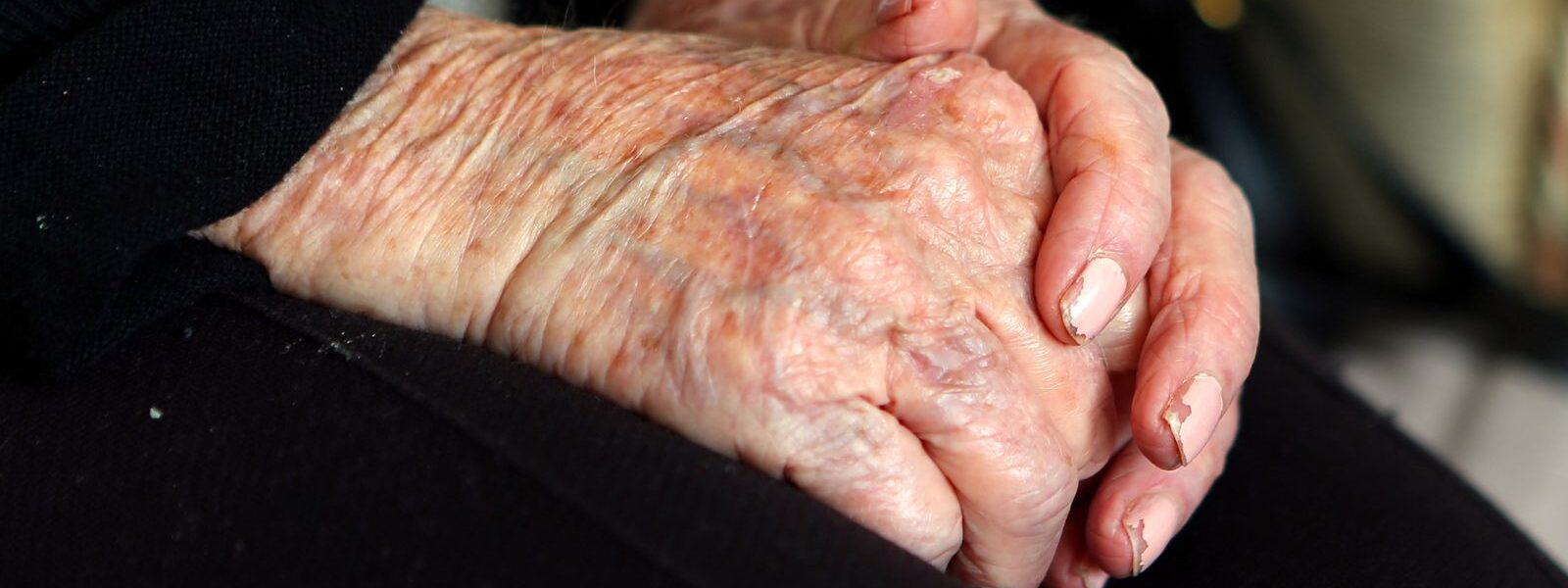The top two reasons the panel were concerned about a law change were that it could be used for the wrong reasons if safeguarding is not in place, and that it could be misinterpreted or misused.

File pic: PA
Assisted dying should be legalised in England, according to a panel made up of members of the public.
The so-called “citizens’ jury” – a randomly selected group brought together to discuss the topic by the Nuffield Council on Bioethics (NCOB) – deliberated for eight weeks.
It concluded that if a person has a terminal illness and capacity to make their own decision about an assisted death, they should be able to legally access both physician-assisted suicide (where healthcare professionals prescribe lethal drugs to eligible patients to take themselves) and voluntary euthanasia (where healthcare professi onals administer lethal drugs to patients with the intention of ending their life).
“This is a significant finding that will be valuable for policy makers who are considering whether and how to take forward legislative change,” said Professor Anne Kerr, chair of the Nuffield Council on Bioethics’ Assisted Dying Advisory Board.
Twenty-eight members of the public made up the jury, participating in an eight-week process designed to explore the complexity of assisted dying.
They heard from a range of experts and considered evidence before voting on whether the law should be changed to allow assisted death.
Twenty members either strongly agreed or tended to agree the law should change to permit assisted dying in England, while seven said they either strongly disagreed or tended to disagree with a law change and one person was undecided.
Assisted dying is legal in several countries including Australia, New Zealand, Canada and Switzerland, and remains illegal in the UK.
Encouraging or assisting a suicide in England and Wales can lead to criminal prosecution and up to 14 years in prison.
The top two reasons for supporting a change in the law were to stop pain and a belief in an individual having the choice to end their own life legally.
The top two reasons against a change in the law were that it could be used for the wrong reasons if safeguarding is not in place, and that it could be misinterpreted or misused causing challenges for both society and the legal system.
Professor Katherine Sleeman, Laing Galazka Chair in Palliative Care at Kings College London warned safeguarding in this issue is not straightforward.
“The Nuffield Council’s jurors agreed that vulnerable people should not be pressured into choosing assisted deaths,” she told Sky News.
Professor Sleeman pointed to this week’s Darzi review and a recent King’s College London/Marie Curie Time To Care report which highlighted the perilous state of NHS services, and inadequacies in palliative and end of life care, with difficulty accessing services and support for dying people all too common.
“The big question is how to ensure this in a context where health and care services for dying people are frequently inadequate,” Professor Sleeman said.
Nearly all jury members felt that more funding should be put towards improving NHS palliative care.


